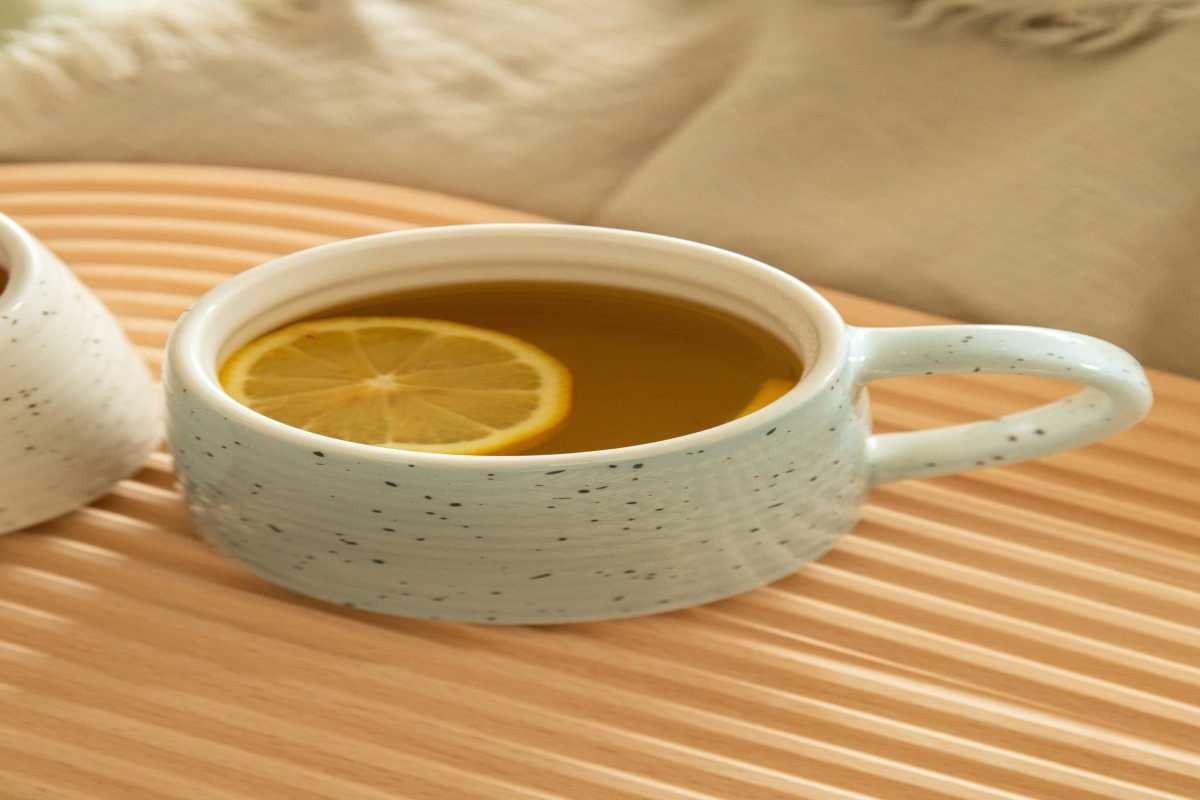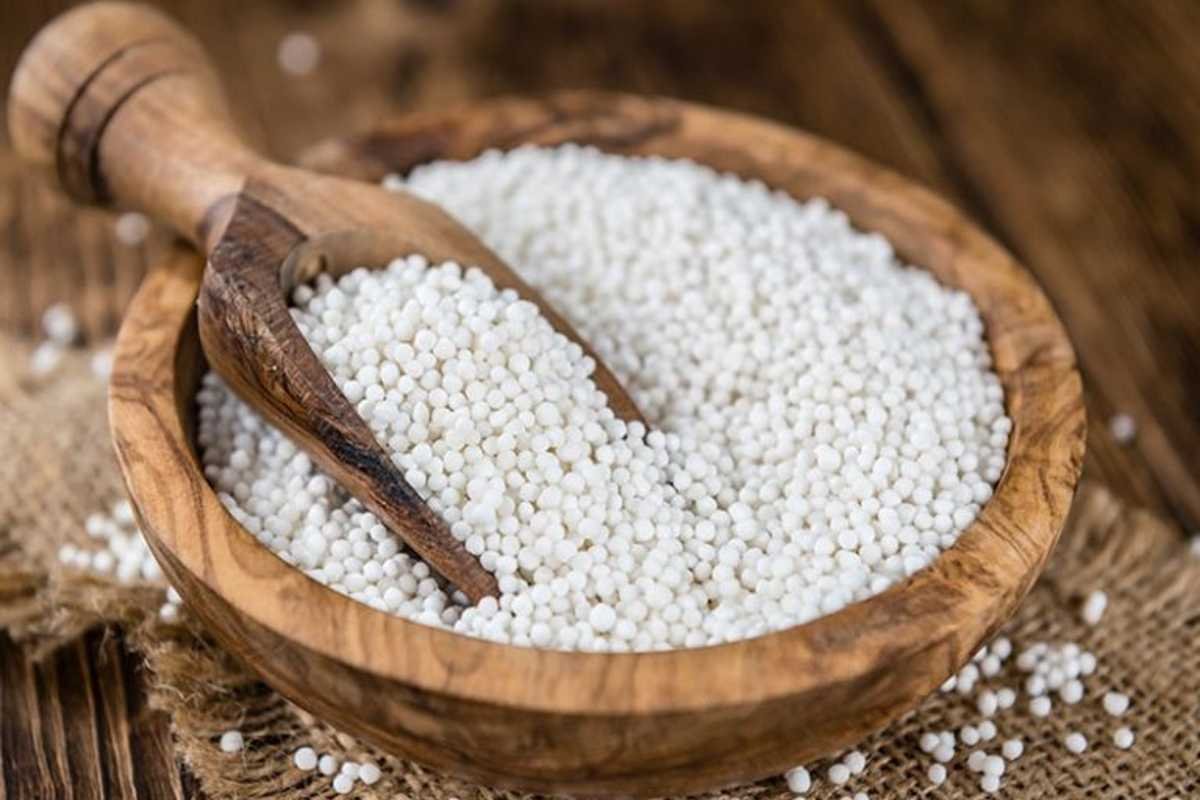10 Health Benefits of Buchu
Buchu, a plant native to South Africa, has been used for centuries in traditional medicine due to its wide array of health benefits. Known for its aromatic leaves, Buchu is often consumed in the form of tea or as a supplement to promote overall well-being. Packed with antioxidants, essential oils, and other bioactive compounds, Buchu … Read more









